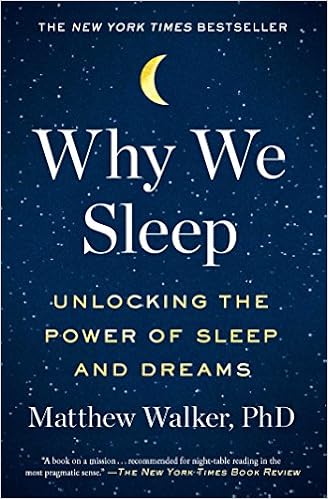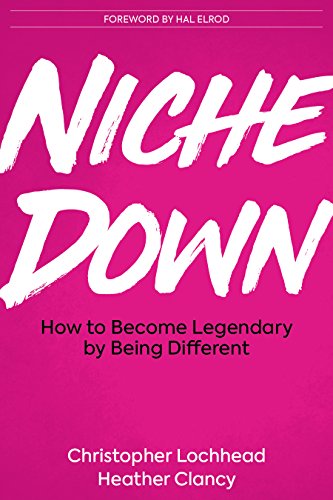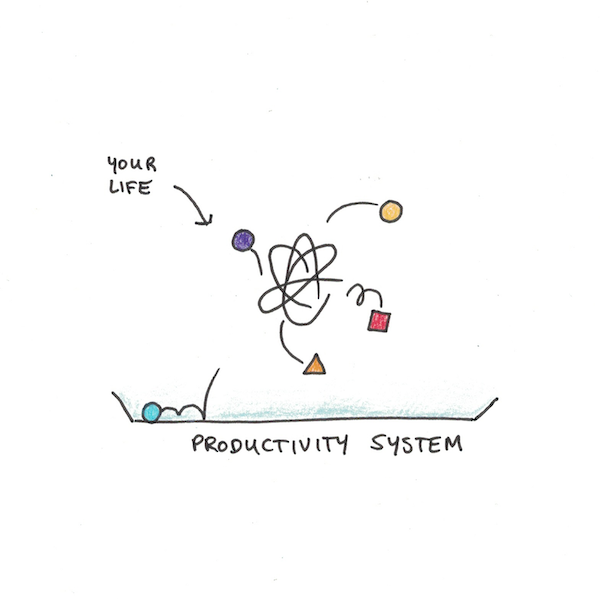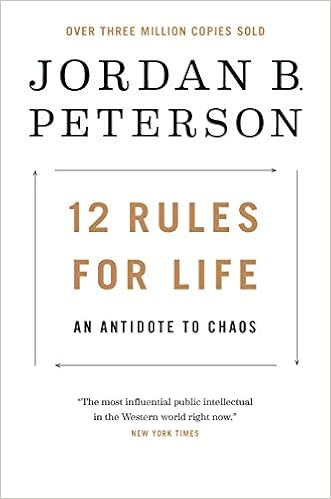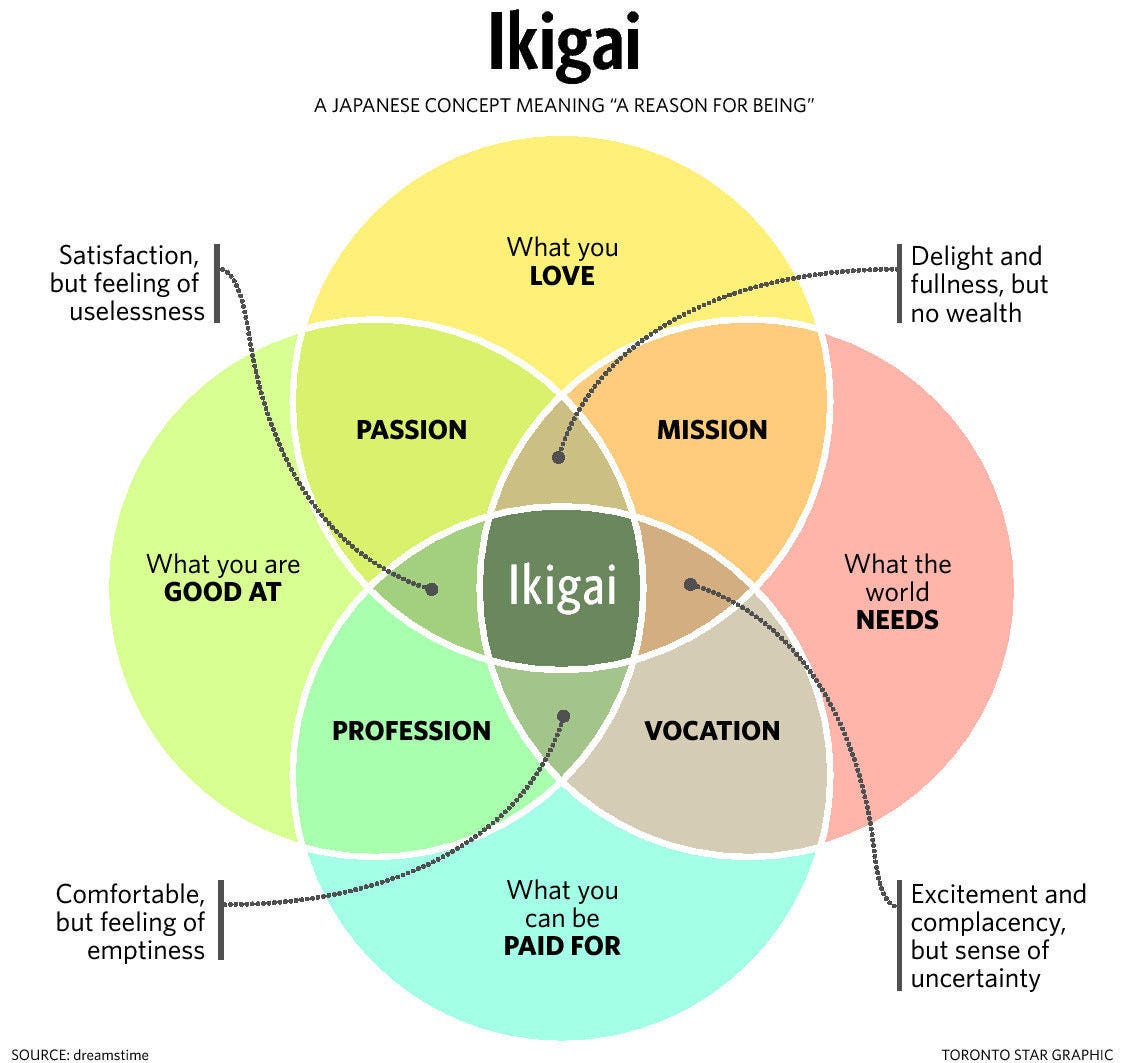How to Create and Practice Flashcards Like a Boss - David Handel, MD - Medium
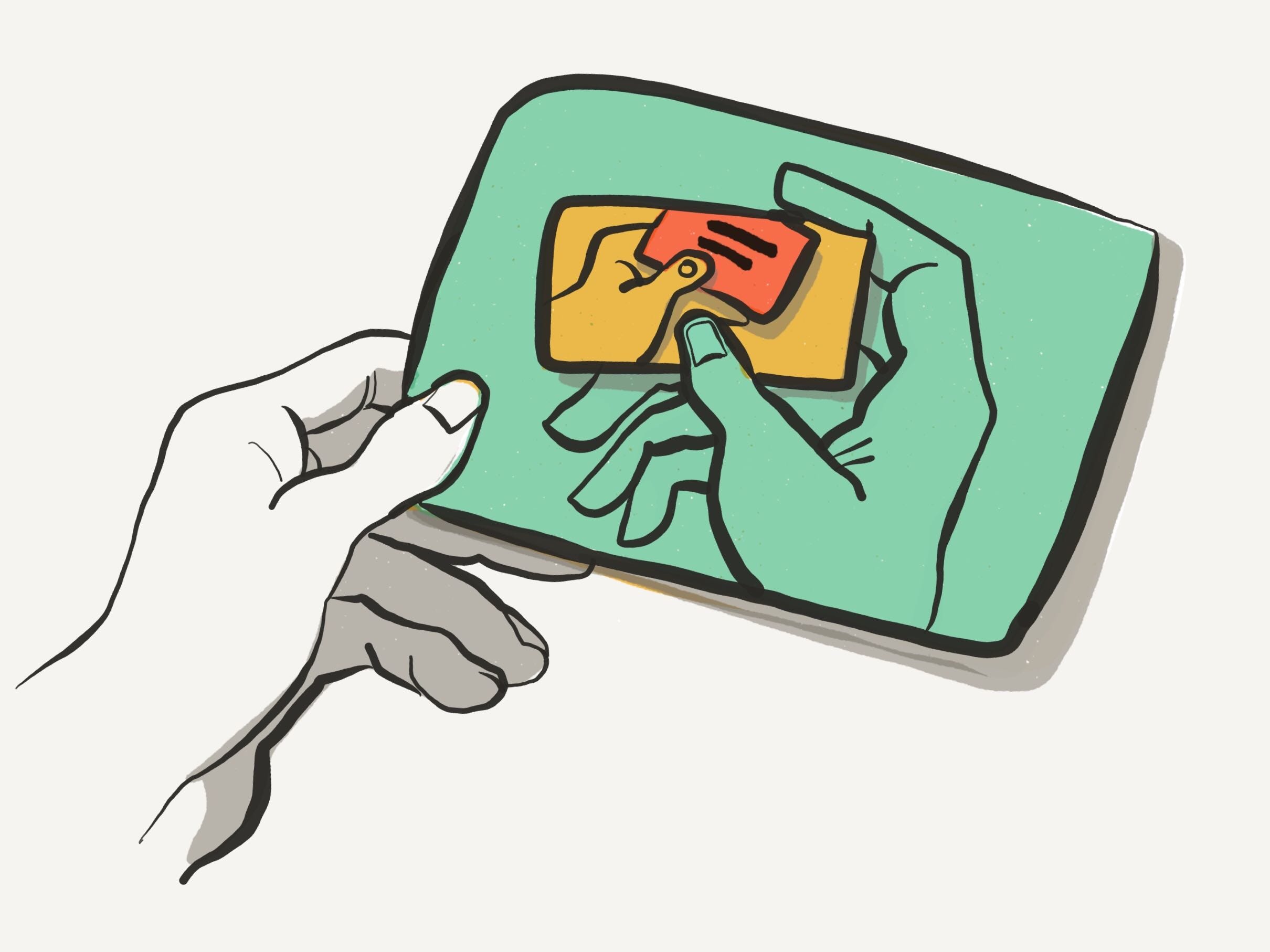
by
David Handel, MD
"Create your flashcards while consuming your learning content.
(When I use the word content, I’m referring to the academic materials that you can read, watch or listen to.) That way you will know that you have included everything that you want to remember in your flashcard collection.
I am a huge proponent of reading things only once. Rereading is one of the biggest inefficiencies that cause students to lose precious time and set themselves back. Don’t reread. Don’t read, make highlights and then reread highlights over and over. Don’t read and make notes and then read your notes over and over. Don’t create your own summary and then read and reread your summary. All of those activities are passive approaches to remembering what you’ve learned.
The only active approach is to practice retrieving what you learn from memory.
So here is the blueprint for achieving academic success:
Read once and create flashcards as you work your way through the material.
Capture all of the concepts and facts that you want to ensure you’ll remember.
Once you have processed that piece of learning content, meaning once you have read it in its entirety and created the necessary flashcards, mark it as completed. Then use the flashcards and retrieval practice as your primary tools for remembering the key concepts and facts forever.
When you create a flashcard, draft the question and answer from memory
On every flashcard, ask only one question and whenever possible, only have one answer.
Keep the question concise but make it just long enough to be explicit and clear.
Carefully craft your question to elicit the best and most complete answer.
It’s better for the question to be longer than the answer.
It is far easier to retrieve a memory when you use a combination of words and images to encode it.
You can use an image as the question.
Use colors and rich text formatting to make the text more memorable.
Use humor, narratives and personal examples to make flashcards more interesting.
Break it down into its component parts and test your comprehension.
..."
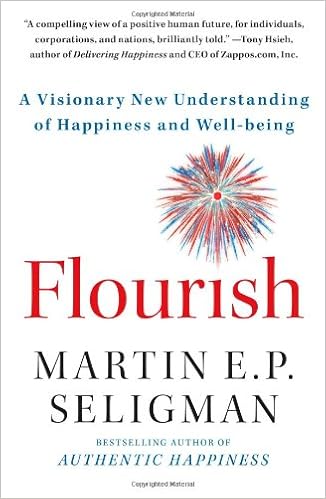 Flourish: A Visionary New Understanding of Happiness and Well-being @ Amazon
Flourish: A Visionary New Understanding of Happiness and Well-being @ Amazon


